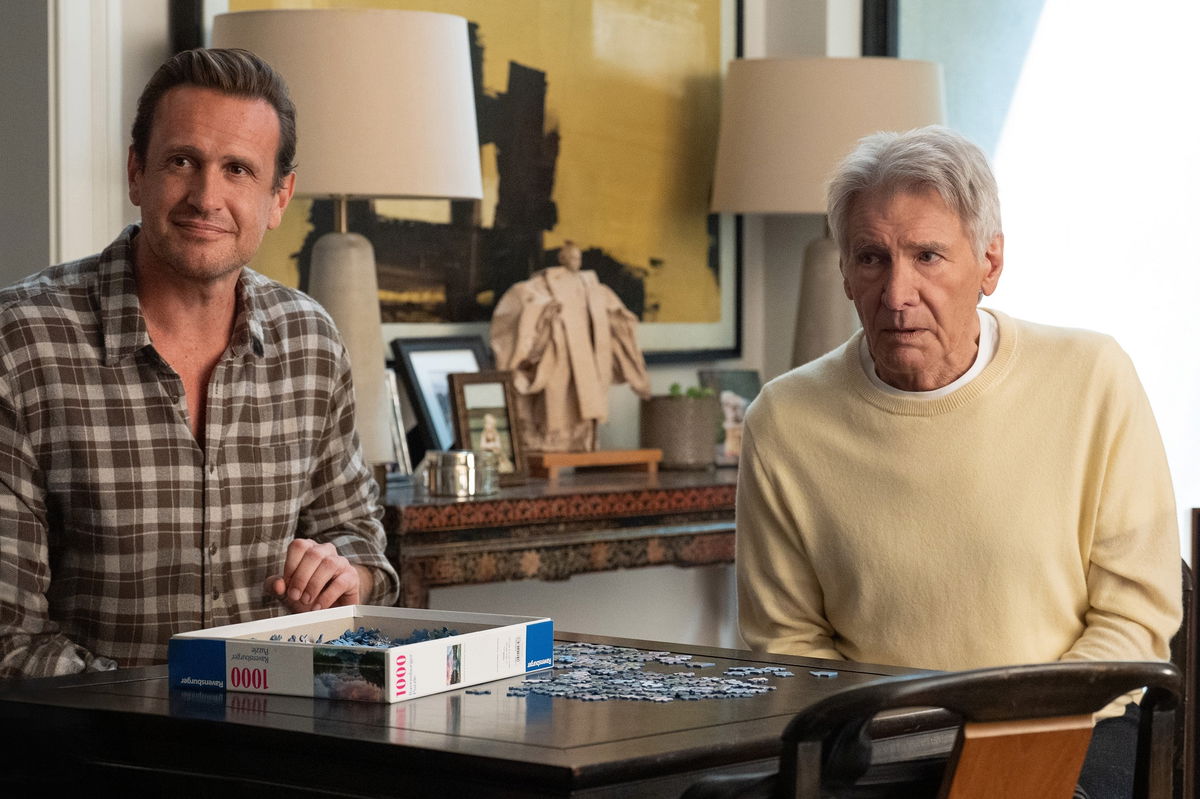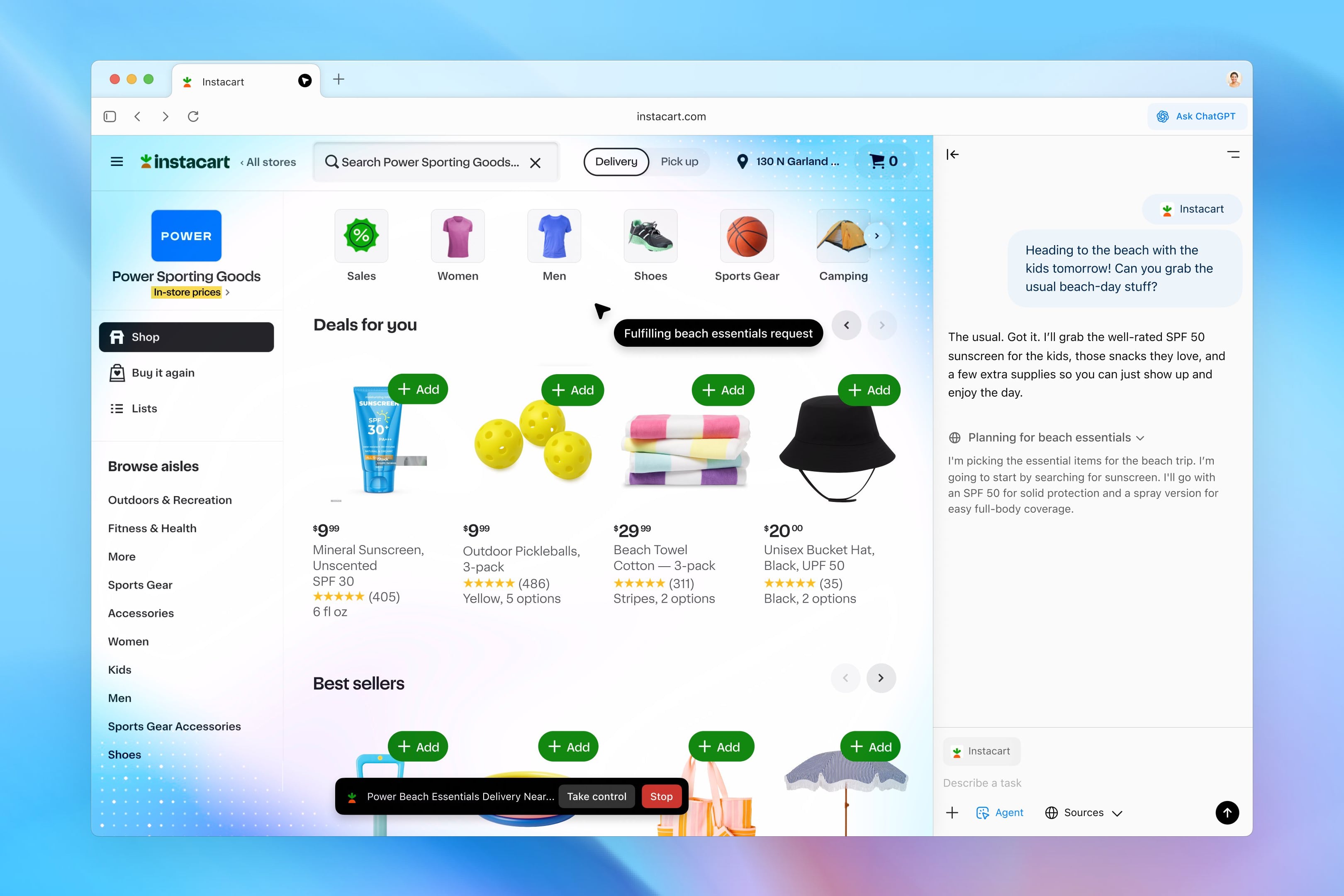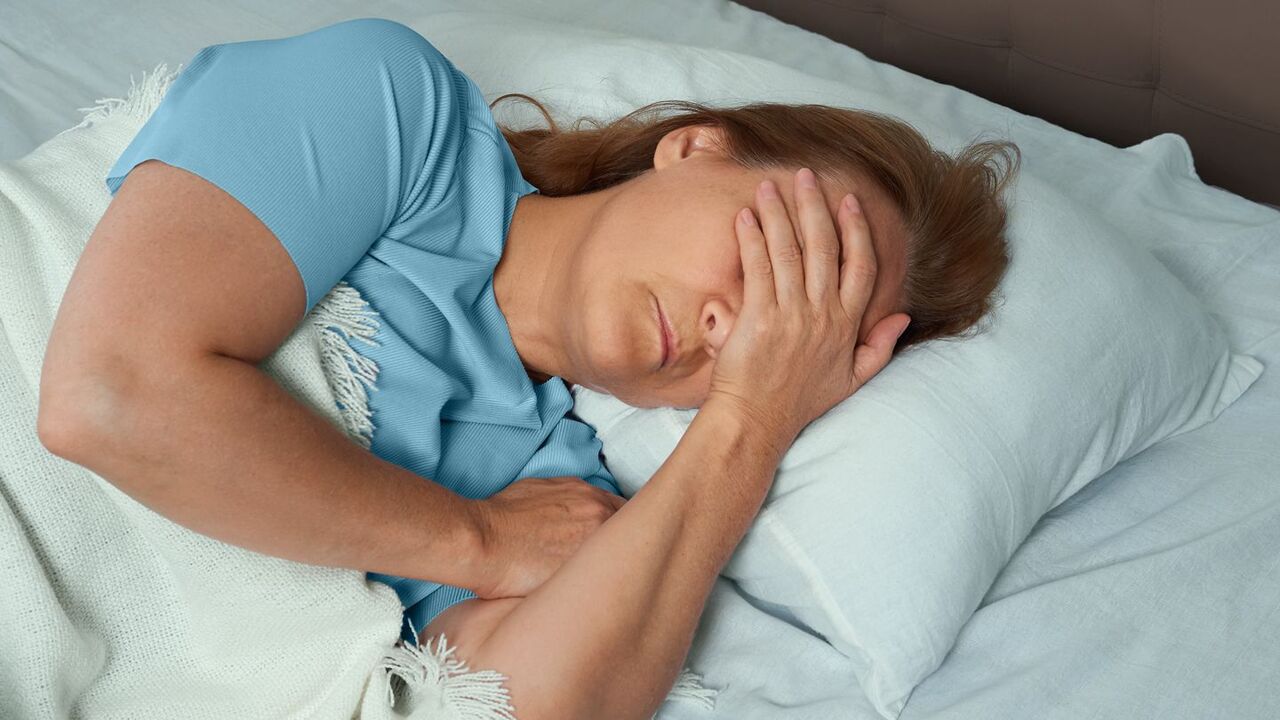The survey of more than 1,000 people who recovered from Covid, which did not require hospitalization, showed the following. Many experienced insomnia for six months following their illness. Additionally, the team noted that those with anxiety or depression were three times more likely to have insomnia. Additionally, approximately 12% of participants with a history of cancer, diabetes, or heart disease had a statistically higher rate of insomnia.
50 per cent of those surveyed also said they started waking up more often at night after catching Covid, and 1/3 of people admitted they were having trouble falling asleep and were sleeping worse and less.
For analysis conducted as part of the study, 1056 adults were recruited (average age 33 years, just over 2/3 women). Between June and September 2022, they completed a survey asking how well they slept, how long they slept, and how easy it was to fall asleep in the past two weeks compared to before contracting COVID-19.
News materials cannot be equated with a doctor’s prescription. Consult an expert before making a decision.
Source: Ferra
I am a professional journalist and content creator with extensive experience writing for news websites. I currently work as an author at Gadget Onus, where I specialize in covering hot news topics. My written pieces have been published on some of the biggest media outlets around the world, including The Guardian and BBC News.










